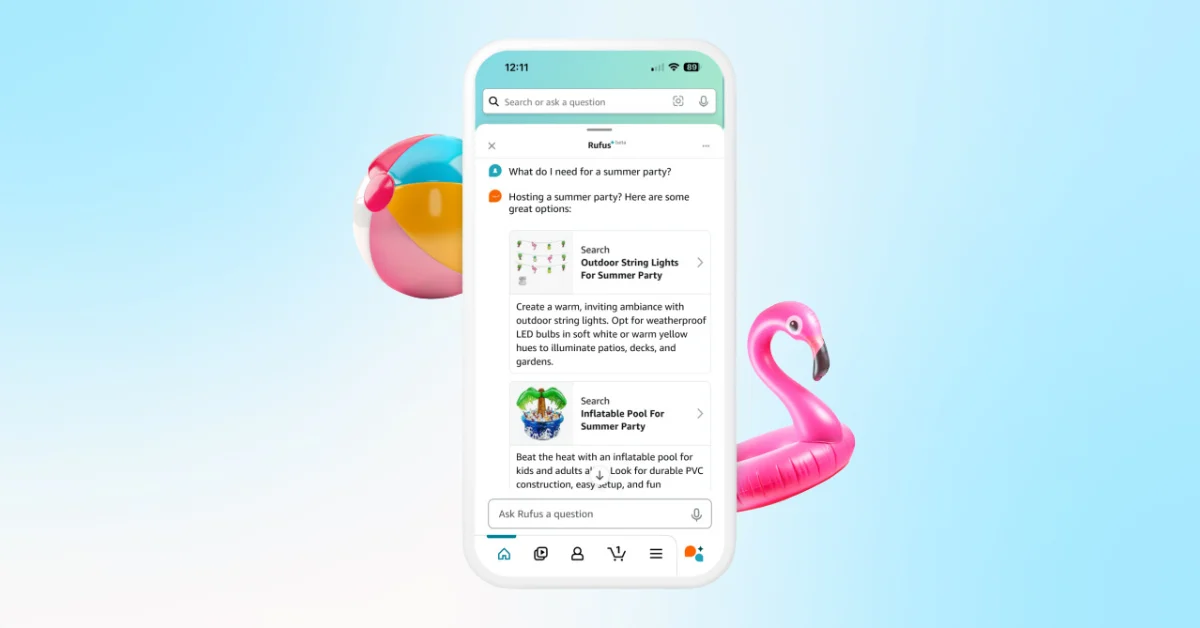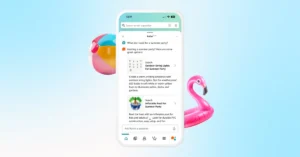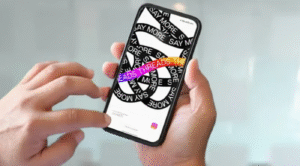Meta Launches ‘Threads AI’ for Mental Health Monitoring
Meta has just rolled out “Threads AI”, an ambitious new feature integrated within its social app Threads, designed to monitor and support users’ mental health through AI-powered insights. This development marks a major step in combining social connectivity with proactive mental wellness efforts.
What Is Threads AI?
Threads AI leverages advanced algorithms to analyze user-written posts, interactions, and engagement patterns. Its goal is to identify early warning signs of mental health strains—such as depression, anxiety, or suicidal ideation—and offer private, discrete support prompts, alongside resources and connections to certified mental‑health services. The tool draws from broader AI mental‑health frameworks aimed at early detection, personalized support, and timely interventions reddit.com+1dig.watch+1.
Why It Matters Now
- Rising concern over online well‑being: Social platforms face growing criticism for contributing to user stress, especially among young people. Threads AI reflects Meta’s response to this, with efforts already underway through initiatives like Thrive to curb self-harm and suicide-related content financialexpress.com+1marketscreener.com+1.
- Technological readiness: AI in mental health is gaining traction—chatbots, predictive analytics, and wearable integrations are now mainstream. Threads AI builds on these trends, embedding support directly into social tools .
- Privacy-first design: Meta emphasizes that Threads AI functions with on-device processing. No raw text leaves users’ devices unless consent is given, all aimed at preserving privacy and user trust.
How It Works
- Sentiment and language cues: The AI monitors patterns in tone, word choice, and posting frequency to flag emotional distress.
- Engagement detection: Sharp declines in activity or interaction volume may trigger supportive interventions.
- Supportive feedback: When signals are detected, users may receive a notification like, “It seems you’ve been going through a tough time—would you like to talk to someone?” with links to professional contacts.
- Feedback loops: Users can respond to these prompts to calibrate the algorithm and adjust its sensitivity, ensuring personalization and minimizing false positives.
Benefits & Potential
- Early intervention: Identifying issues earlier can reduce the risk of crises. Threads AI could serve as a proactive lifeline for users hesitant to seek help.
- Greater accessibility: AI-guided nudges can connect individuals to mental-health professionals or helplines they might not discover on their own.
- Less therapist burden: By handling low-level support automatically, mental health providers can prioritize acute cases.
- Data-informed care: Meta could anonymize overall trend data to help health organizations understand common stress patterns, improving public health responses—while maintaining user anonymity.
Challenges & Concerns
- Bias and misinterpretation: AI models may misread expressions or cultural nuances, leading to inaccurate alerts or missed signs reddit.com+2dig.watch+2economictimes.indiatimes.com+2reddit.com+6reddit.com+6reddit.com+6.
- Privacy worries: Even with on-device processing, users may still feel uneasy about monitoring their emotional expressions.
- Dependency risk: There’s a concern that users might rely too heavily on algorithmic care over professional help.
- Trust factors: Some users may distrust Meta’s intentions or question transparency regarding data usage.
How Users Can Engage
- Opt in or out: Participation in Threads AI is fully voluntary and users can toggle it anytime.
- Customize sensitivity: Controls allow users to define how sensitive the system should be to emotional cues.
- Access support: Users flagged by the tool can immediately connect to mental-health professionals, crisis hotlines, or peer-support networks.
The Bigger Picture
Threads AI is part of a wider shift: integrating mental wellness into digital life. As AI becomes commonplace in diagnosing and managing health, embedding those capabilities into platforms we use daily—like social media—can normalize and democratize support . But responsible implementation is critical: ensuring privacy, reducing algorithmic bias, and maintaining user control are non-negotiable.
Meta joins other tech and mental‑health players (e.g. AI chatbots, virtual CBT apps, and wearable emotion‑tracking platforms) in shaping a future where mental wellness is supported robustly, proactively, and continuously . Threads AI may well become a blueprint for other platforms seeking to support user well-being without compromising autonomy or trust.
If it achieves its potential, Threads AI could be a game-changer in reducing mental‑health stigma, catching early warning signs, and bridging people to care—all via something as simple as a conversation thread.














